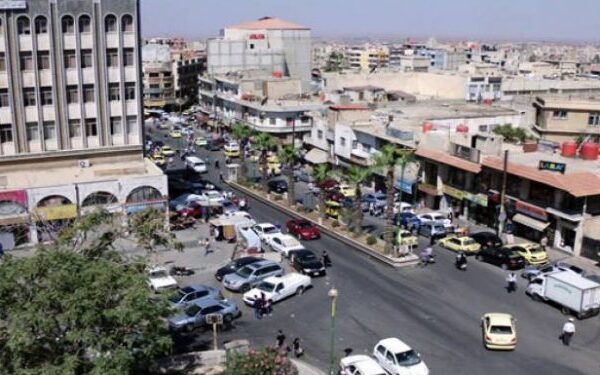
As-Suwayda: The Little Venezuela in Syria under the Shadows of War
In the heart of the Syrian steppe, a hundred kilometers south of Damascus, lies As-Suwayda, a city of black stone and shared memories. The locals call it The Little Venezuela, and it’s not just a nickname: here, every detail seems to hold an echo of our country, every house cherishes a story with a Latin accent.









